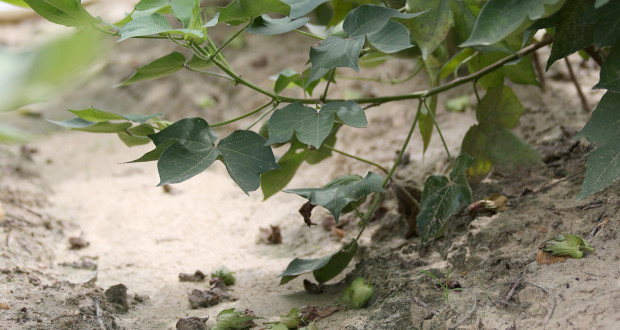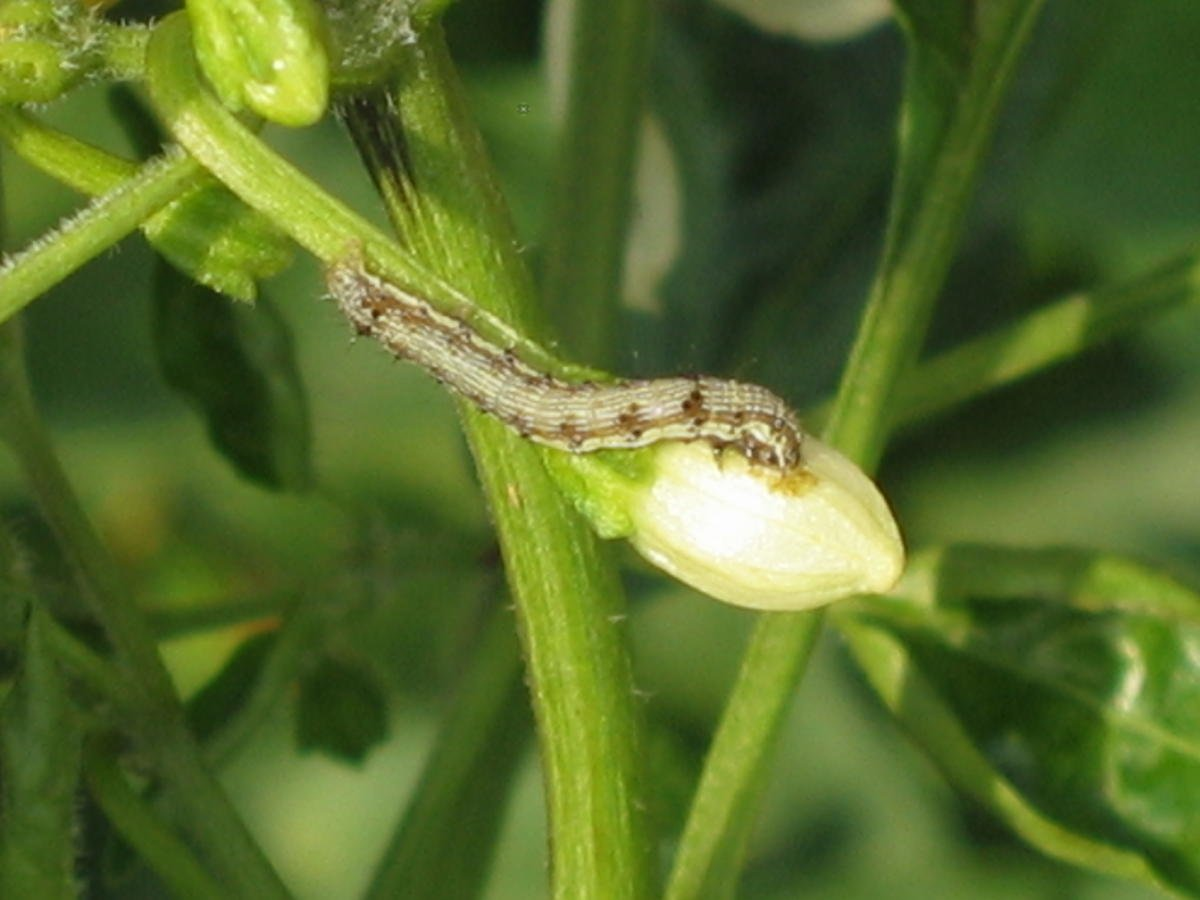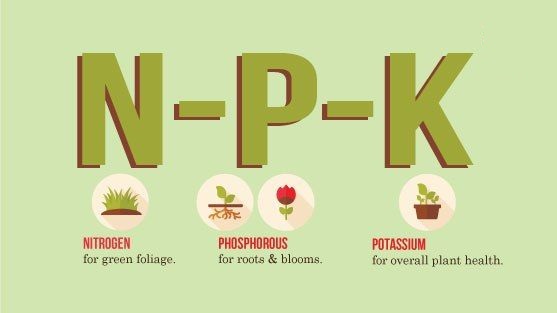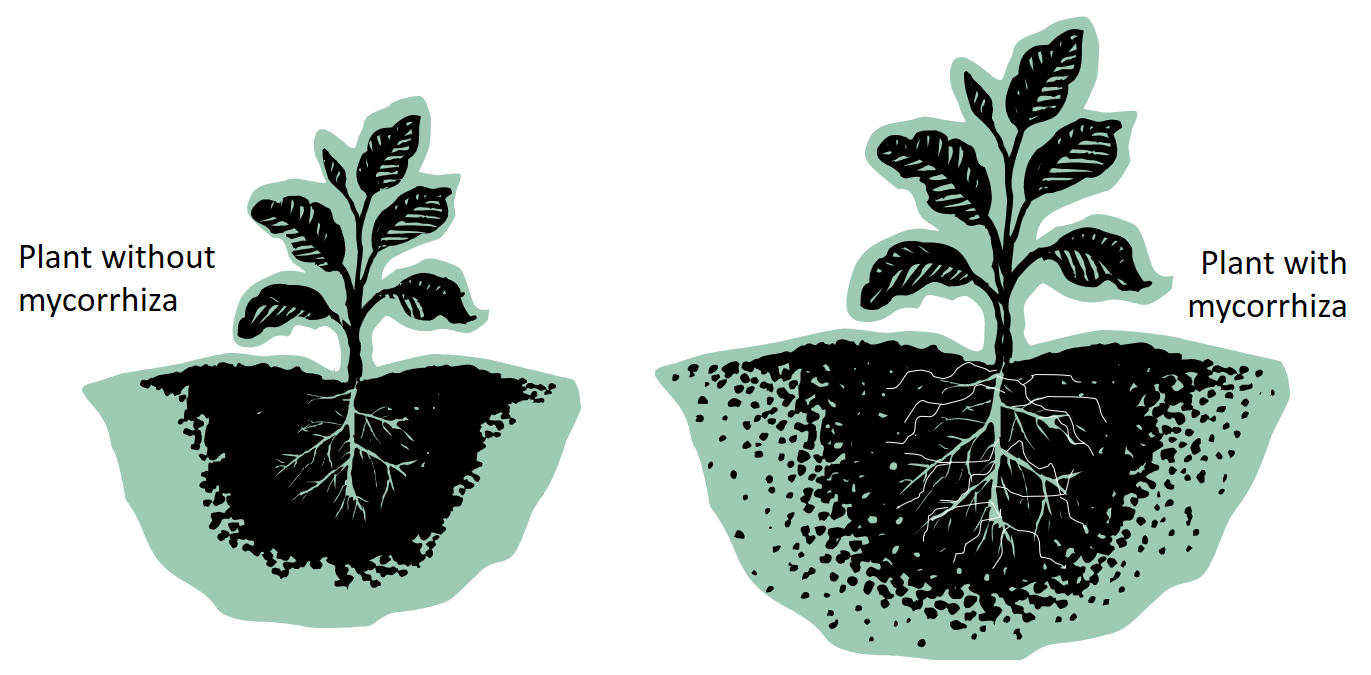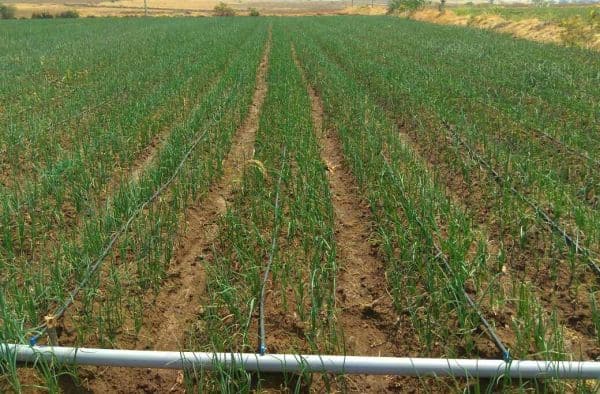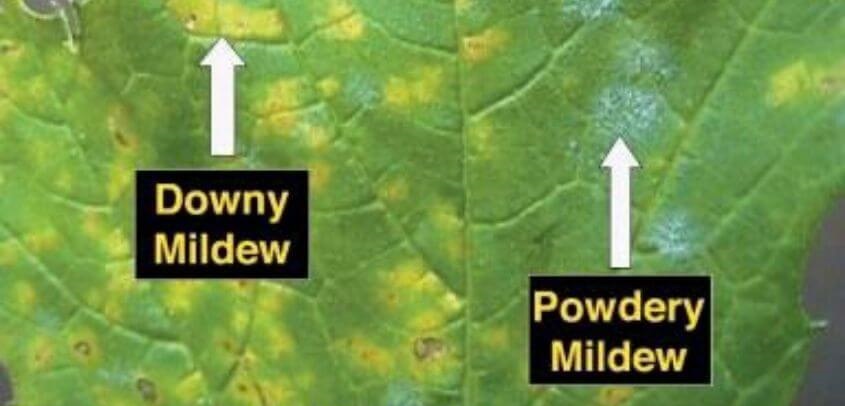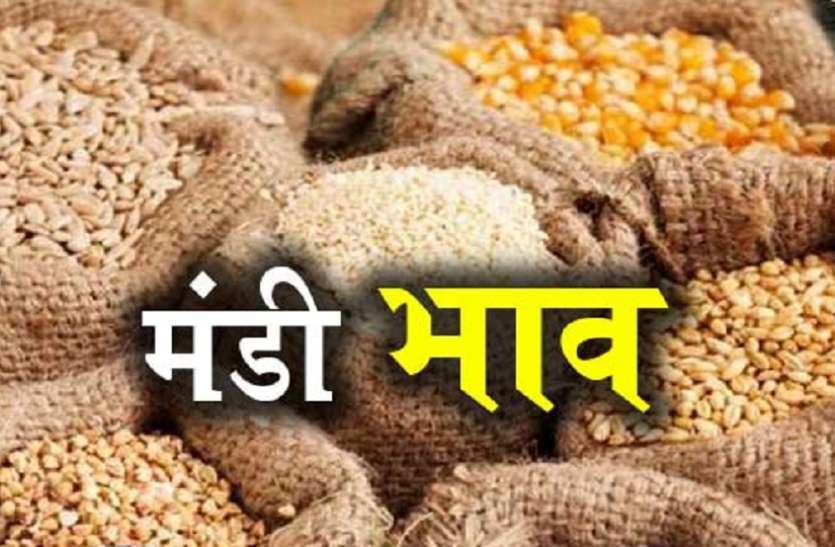- Flowering is a very important stage in the cotton crop.
- At this time, due to the temperature, insects, and fungus, the problem of flower dropping occurs.
- It is very important to take timely measures to solve this problem.
- If there is a problem of flower dropping in the cotton crop, spray HOMOBRASSINOLIDE @ 100 ml/acre. for use of these to prevent flower dropping.
- Simultaneously spray AMINO ACID @ 300 ml / acre and GIBBERELLIC ACID @ 300 ml / acre it can enhance good flower production.
Management of fruit borer in chili
- Fruit borers in chillies cause great harm, so their control is very important.
- This damage is done by gram pod borer and tobacco caterpillar.
- This caterpillar feeds on the newly developed fruit of the chilli crop. When the fruit is matured, the caterpillar eats the seeds. During this time, the caterpillar consumes the seeds by placing its head inside the fruit while the rest of the caterpillar ‘s body remains outside the fruit.
- EMAMECTIN BENZOATE 5% SG@ 100 gram /acre or FLUBENDIAMIDE 20% WG @ 100 Gram/acre or CHLORANTRANILIPROLE 18.5 % SC @ 60 ml/acre
- As a biological treatment use BEAUVERIA BASSIANA @ 250 Gram/acre .
SBI launches new service, 75 lakh farmers will get benefit from it
The State Bank of India has launched the Kisan Credit Card Review Service in the YONO app to make the tasks related to farming easier. Through this service, farmers can now increase the limit of their credit card to farmers at home and for this they will not need to go to the bank.
Giving information on this subject, SBI said that “Now farmers will not need to do paperwork to change the KCC limit.” Through this service, farmers can go online and change the limit of KCC. According to SBI officials, with the introduction of this service, more than 75 lakh farmers of the country will get benefits.
Source: Jagran
ShareMonsoon will remain active in the coming days in these states including Madhya Pradesh
For the last few days, continuous monsoon rains are continuing in many states like Madhya Pradesh, Rajasthan, Maharashtra, Gujarat etc. Apart from this, Delhi, Punjab and Haryana have humid weather. However, there is no possibility of rain in parts of North India including Punjab for 36 hours to come. But there can be light drizzles in these areas.
After this, talk about Madhya Pradesh, monsoon rains are likely to remain active for the next few days. According to private weather agency Skymet Weather, moderate to heavy rains are likely over Gujarat, Konkan Goa, adjoining central Maharashtra, Odisha, northern coastal parts of Andhra Pradesh, parts of Telangana and sub-Himalayan West Bengal during the next 24 hours.
Source: Krishi Jagran
ShareWhen and how to use Bio NPK
- This product is composed of three types of bacteria i.e., Nitrogen fixation bacteria, Phosphorus solubilizing bacteria (PSB ), and Potash mobilizing bacteria (KMB) ‘.
- It helps in the supply of three major elements nitrogen, potash, and phosphorus to soil and crop.
- With the help of NPK bacteria, the plant gets the necessary elements in time, the growth is good, the crop production increases, as well as the availability of nutrients in the soil also increases
- It can be used in three ways 1. Soil treatment 2. At the time of sowing 3. Within 20-25 days of sowing.
- Soil treatment: – It should be used as soil treatment before sowing by mixing the suggested quantity of NPK mix with 50 kg of well-decomposed cow dung or vermicompost/farm soil.
- At the time of sowing: – If the soil treatment is not done then at the time of sowing by mixing the suggested quantity of NPK mix with 50 kg of well-decomposed cow dung/vermicompost/farm soil.
- Within 20-25 days of sowing: – Use of NPK in 20-25 days of sowing again by mixing the suggested quantity of NPK mix with 50 kg of well-decomposed cow dung/vermicompost/farm soil.
- It can also be used as drenching and spray after sowing.
When and how to use Mycorrhiza
- It provides strength to the plants, making them disease-free and stress-tolerant
- Increases the immune power of the crop in turn increasing product quality.
- Mycorrhiza expands the area of the roots increasing their water absorption rate.
Mycorrhiza can be used in three ways
- Soil treatment: Mix 4 kg/acre Mycorrhiza in 50 kg of well-decomposed cow dung or vermicompost/farm soil and then mix it in the soil before sowing
- Broadcasting: In 25-30 days of sowing, Mix 4 kg/acre Mycorrhiza in 50 kg of well-decomposed cow dung or vermicompost/farm soil and then spread over the soil.
- Through drip irrigation: Use of Mycorrhiza as drip irrigation 25-30 days of sowing at the rate of 100 gram/acre in standing crop.
Gramophone app eases difficulties for Khandwa farmer, profit increased by 91%
Agriculture is the foundation of the Indian economy and farmers sweat their fields throughout the year to strengthen this base. A farmer has to face many types of problems during farming and Gramophone Krishi Mitra App is proving to be very helpful in removing these problems. With the help of this app, farmer Pawan Ji of Khandwa district increased the profit in cotton cultivation by 91%.
There has been a big difference in the cultivation of Pawanji after his association with Gramophone. Profit has increased as well as the cost of agriculture has also come down. Previously, where the agricultural cost of Pawan ji used to reach Rs 25000, now it has come down to Rs 17500. Talking at the same time, it is now 252500 rupees as compared to the earlier 132500 rupees.
Like Pawan ji, If other farmers also want to increase their income by removing their agricultural problems, then immediately install Gramophone app on your mobile or you can call our toll free number 1800-315-7566 and call your agriculture experts State the problems.
ShareHow to prepare onion nursery
-
- Onions are sown in the nursery before being transplanted in the main field.
- Dimensions of Nursery beds should be 3’x10’ and 10-15 cm in height while keeping a distance of about 70 cm between the two beds.
- When onion nursery is being prepared, the ease of weeding, irrigation should be kept in mind.
- In areas of heavy soil, the height of the bed should be kept high enough to avoid the problem of waterlogging.
- Before sowing, treat onion seeds with CARBENDAZIM 12% + MANCOZEB 63% @ 2.5gram/ kg seed or CARBOXIN 17.5%+ THIRAM 17.5% @ 2.5gram / kg seed.
- Soil treatment of nursery is very necessary before nursery sowing treatment is done for prevention of soil borne diseases. For this use FIPRONIL 0.3% GR @ 10 kg / nursery and TRICHODERMA VIRIDE @ 25 gram / nursery and seaweed + amino + Mycorrhiza @ 25gram / nursery
- In this way, the seeds should be treated and the field should have sufficient moisture at the time of sowing.
Symptoms and management of powdery mildew and downy mildew
- Powdery and Downy mildew is a fungal disease that highly affects the leaves of chilli crops. This disease is also known as Bhabhutiya disease.
- In Powdery mildew, white powder appears on the upper surface of the leaves of chilli plant.
- In Downy mildew yellow spots appear on the lower surface of the leaves, after some time these spots become large, angular, and turn into a brown powder.
- This brown powder deposits as a layer on the leaves making the process of photosynthesis difficult.
- Spray AZOXYSTROBIN 11% + TEBUCNAZOLE 18.3% SC @ 300 ml / acre or AZOXYSTROBIN 23% SC @ 200 ml / acre or TEBUCONAZOLE 10% + SULPHUR(S) 65% WG @ 500 gram / acre .
- As a biological treatment. TRICHODERMA VIRIDE @ 500 gram / acre or PSEUDOMONAS FLUORESCENS @ 250 gram / acre
Mandi Bhav: Know what is going on in different mandis of Madhya Pradesh?
The price of wheat in Gautampura Mandi of Indore is Rs 1900 per quintal. At the same time, the price of onion in this market is Rs 410 per quintal. Talk about Khargone Market, then the price of wheat is running at Rs 1725 per quintal and the price of corn is Rs 1150 per quintal.
The model rate of wheat in Ujjain’s Badnagar mandi is Rs 1943 per quintal, gram Rs 3900 per quintal, dollar gram Rs 5845 per quintal, peas Rs 4301 per quintal, fenugreek rupees 5781 per quintal, garlic Rs 5090 per quintal, and soybean prices Rs 3674 Running per quintal.
Apart from this, if you talk about the Tal Mandi of Ratlam, the price of wheat is Rs. 1672 per quintal, mustard Rs. 4000 per quintal and the price of soybean is Rs. 3505 per quintal.
Source: Kisan Samadhan
Share
